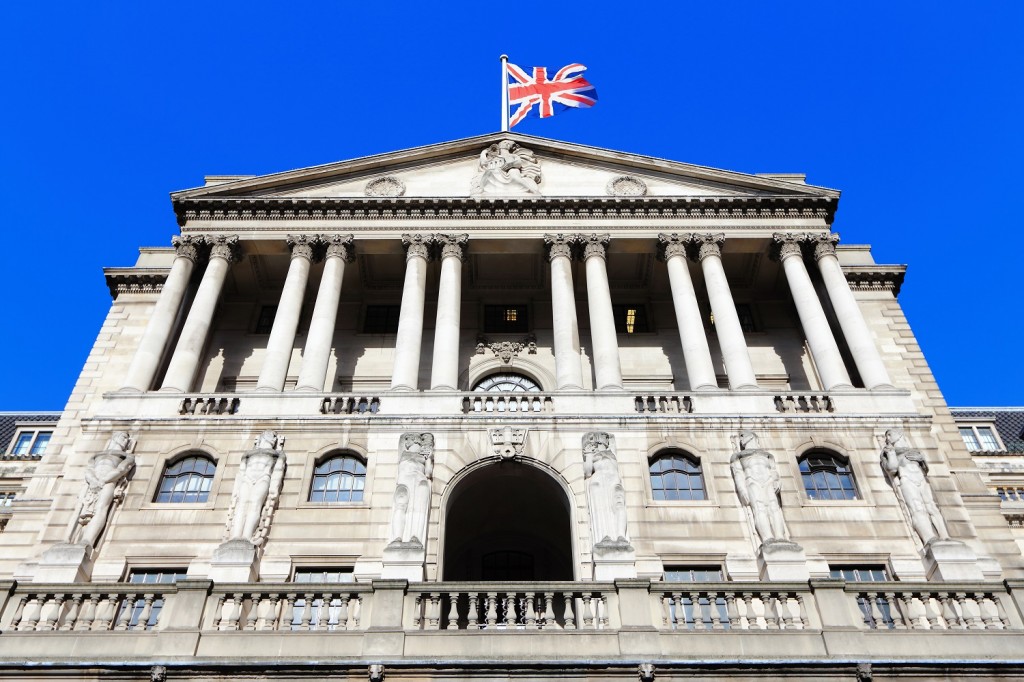
The Bank of England is expected to cut the base rate by a quarter point to 4.25% from 4.5% next week, as it reacts to the disruption caused by US President Donald Trump’s tariff policy.
Deutsche Bank and the EY ITEM Club are among the many analysts who say they are “certain” the Bank’s rate-setting Monetary Policy Committee will reduce rates when they meet next Thursday.
The nine-member body is expected to vote 7 to 2 for a 0.25% cut, says the German bank, with the possibility of external members Swati Dhingra and Catherine Mann holding out for a 0.5% easing to the cost of money.
This would be the fourth time the MPC has cut rates since August, with inflation currently at 2.6%, above the Bank’s 2% target.
The MPC, which last met in February, votes for the first time since Trump imposed a range of tariffs across some 75 countries and industry sectors last month. The UK has a 10% tax on its exports to the US.
Deutsche Bank senior economist Sanjay Raja says: “The world has changed. The UK – like the rest of the world – has found itself embroiled in a global trade war.”
Raja also expects the committee to drop the use of the word “gradual” in communicating forward policy, instead highlighting that the “scale and pace” of any rate cuts will depend on what may be a fast-moving economic outlook.
In February, the Bank cut its expectations for UK growth by half to 0.75% in 2025, from its previous estimate of 1.5%.
But EY ITEM Club chief economic advisor Matt Swannell calls that forecast “pessimistic”, adding that “after an initial strong to start to this year” next week’s updated forecast for this year “could remain unchanged or even edge a little higher”.
Deutsche Bank expects the MPC may have to react swiftly to keep the UK’s economy growing, cutting rates three further times this year – in August, November and December.
This is a little higher than the consensus of a total of three base rate cuts in 2025, up from two towards the start of the year.
EY ITEM Club’s Swannell adds: “With financial markets now expecting more cuts than they were three months ago, we think the MPC will want to try and strike a difficult balance.
“With little clarity on the outlook, the MPC will likely want to show that on one hand it remains wary of sticky inflation, but on the other, it stands ready to respond if the growth outlook deteriorates sharply.”



